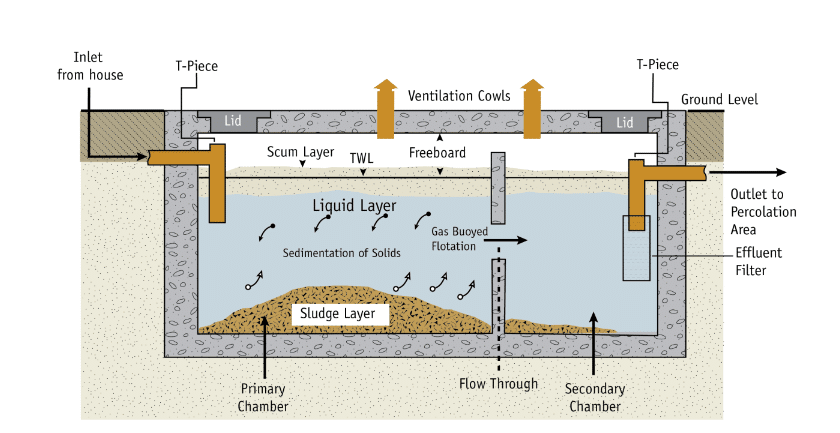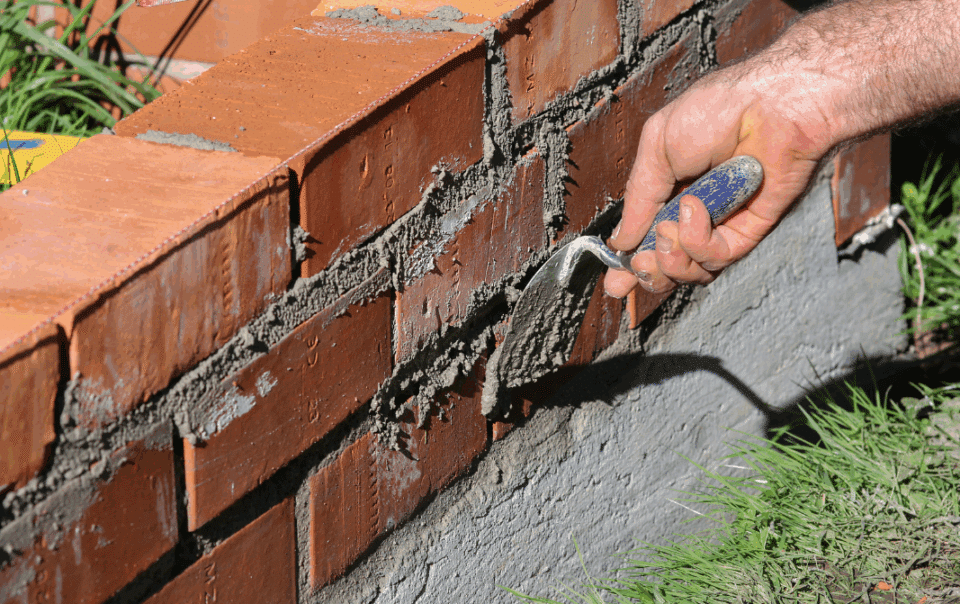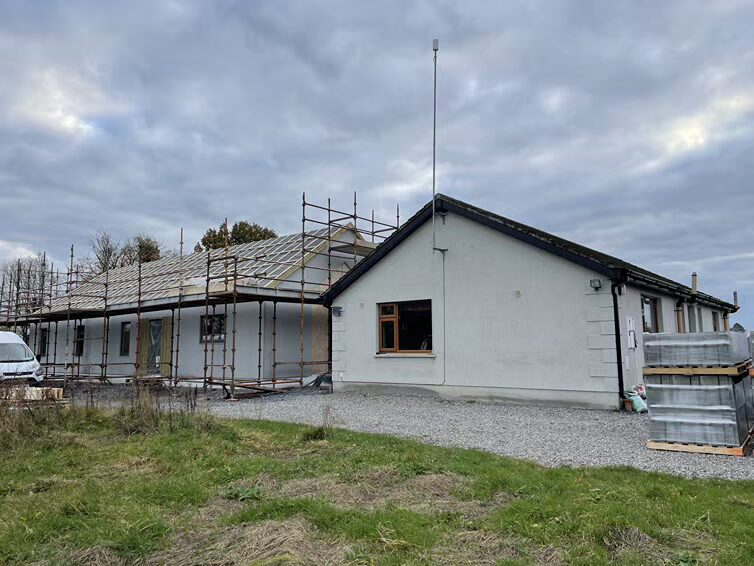In this article we cover:
- How the Water Action Plan 2024 affects self-builders
- The “difficult nature” of the grant application process
- Grant supports for faulty septic tanks: why they don’t work
- How the action plan signals there will be more penalties for having a faulty septic tank
- What the action plan has to say about zero discharge systems (constructed wetlands)
- How water charges will be brought back in
As part of the newly launched Water Action Plan 2024, the ROI government will monitor the uptake of grants to upgrade septic tanks, instruct local authorities around enforcement, and make a decision on whether zero discharge nature-based solutions are suitable to Ireland’s climatic conditions.
The Water Action Plan highlights that over 4,000 inspections of domestic wastewater treatment systems have been completed between 2018 and 2021, which reached the target objective. Local authorities are now tasked to complete 5,800 inspections between 2022 and 2026 under the latest National Inspection Programme.
The Water Action Plan 2024 will also lead to more homeowners facing penalties if they don’t upgrade their septic tank, after getting an advisory notice to do so.
The Water Action Plan 2024 states the Department of Housing, Local Government and Heritage will “issue a policy direction” to local authorities “to enforce advisory notices under the National Inspection Plan”.
The National Inspection Plan highlights “that failure to resolve older cases needs to be addressed as a priority”, adding that failure to comply with an advisory notice “is a prosecutable offence with a potential fine of up to €5,000”.
Grants
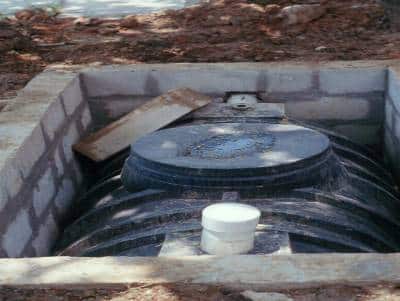
Following a recent six-month national public consultation regarding Ireland’s water quality, several issues were highlighted, including the challenging nature of the septic tank grant application process and the need for more investment and inspectors to address malfunctioning systems.
Indeed, the Water Action Plan is aware of a lack of uptake of the grant scheme due to the “difficult nature of the grant application process”. The Water Action Plan also notes there is a need for more investment and inspectors “for proper inspection of all the malfunctioning DWWTS [domestic wastewater treatment systems]”.
The aim of the Domestic Wastewater Treatment Systems grant scheme is to ensure that domestic wastewater treatment systems meet environmental standards, in areas where inadequate systems could threaten water quality.
This initiative aims to bolster support for homeowners dealing with outdated or malfunctioning septic systems, ensuring compliance with environmental standards and safeguarding water quality.

This increase in grants for repairing or replacing faulty on-site wastewater treatment systems in ROI was announced in November 2023, raising the amount from €5,000 to €12,000. This change took effect on January 1, 2024.
For self-builders in rural areas, these grants provide substantial assistance. Constructing a home in the countryside typically involves relying on a septic tank for wastewater treatment, making it vital to ensure these systems are both functional and compliant with environmental standards.
However, most homeowners with a defective septic tank still don’t qualify for the grant as it is only available to those who have failed an inspection. This greatly limits access to grant supports.
This situation is unlikely to change as the Water Action Plan highlights that government policy continues to be to “prioritise inspections to areas of greatest environmental and public health risk and secure upgrading works where required”.

Constructed wetlands: zero discharge systems
As part of the Water Action Plan the Department of Housing is “to consider the outcomes of the research project into the application of zero discharge nature-based solutions and their applicability or not within Ireland’s climatic conditions”.
The research is being carried out by Trinity College Dublin and Leitrim County Council with results expected in the second quarter of 2025.
Water charges
The Action Plan also signals domestic customers will be “charged for water and/or wastewater services when the individual use of water puts the objectives of the [EU Water Framework] Directive at risk”.
The Water Action Plan 2024 states:
“Ireland has legislation which sets out a reasonable use allowance for households each year. Following a period of time to address leaks and/or reduce demand, anyone that uses water above this annual allowance will be charged for water and/or wastewater services.”
The allowance has been set at 1.7 times the average rate of water demand. Uisce Éireann will inform domestic customers if they are using water above this level, which the Commission for Regulation of Utilities and Uisce Éireann estimate will be in approximately 10 per cent of cases.
The Water Action Plan says the timescale to implement this is “TBD”, To Be Determined.
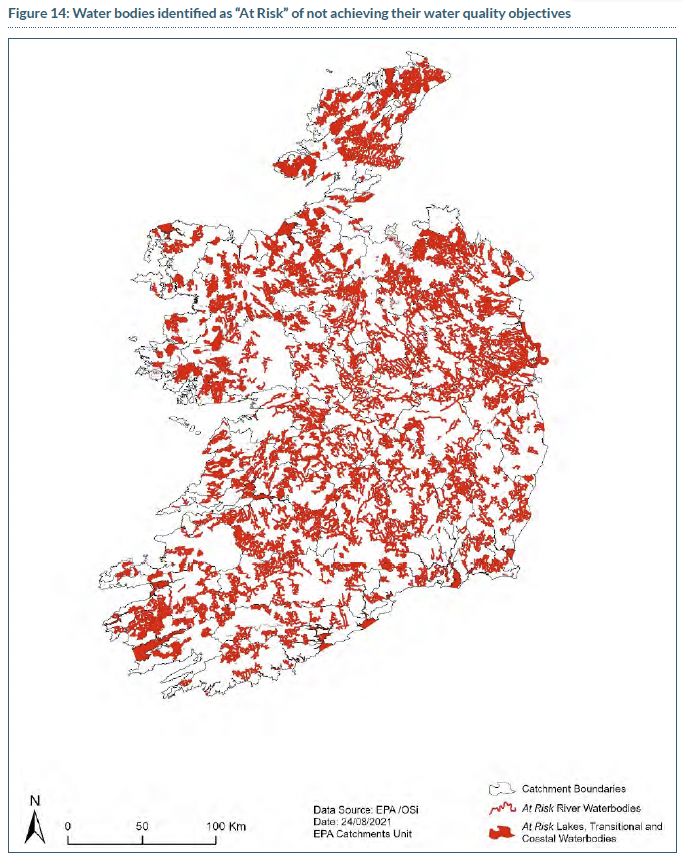
Water quality
Speaking at the launch, Minister Noonan stressed that the Water Action Plan 2024 marks a major step towards meeting Ireland’s obligations under the EU Water Framework Directive. While the increased grant amounts are a recent development, the plan seeks to enhance both the provision and uptake of these grants.
In a broader context, the Water Action Plan 2024 aims to restore Ireland’s water bodies to a “good” status by 2027 and prevent further deterioration. While new funding for these efforts has not been promised, Noonan stressed the importance of stricter regulations on pollutants like fertilisers and increased enforcement measures to protect water quality.
For rural self-builders, this means sticking to higher environmental standards for septic tanks, with the government intensifying its focus on compliance and maintenance.
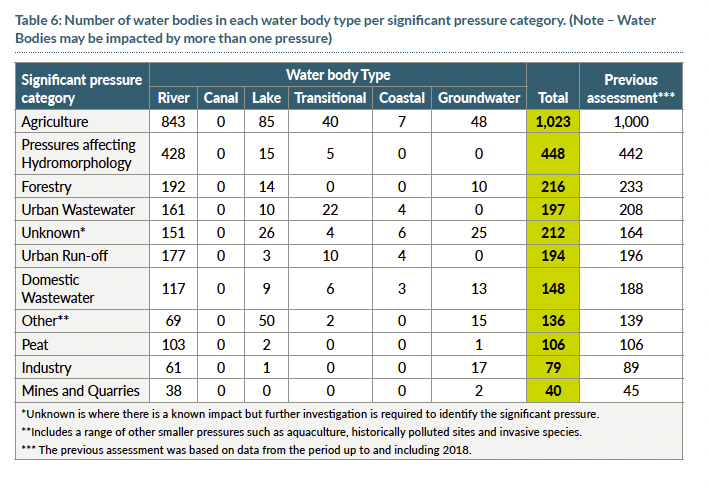
Additional reporting by Astrid Madsen

